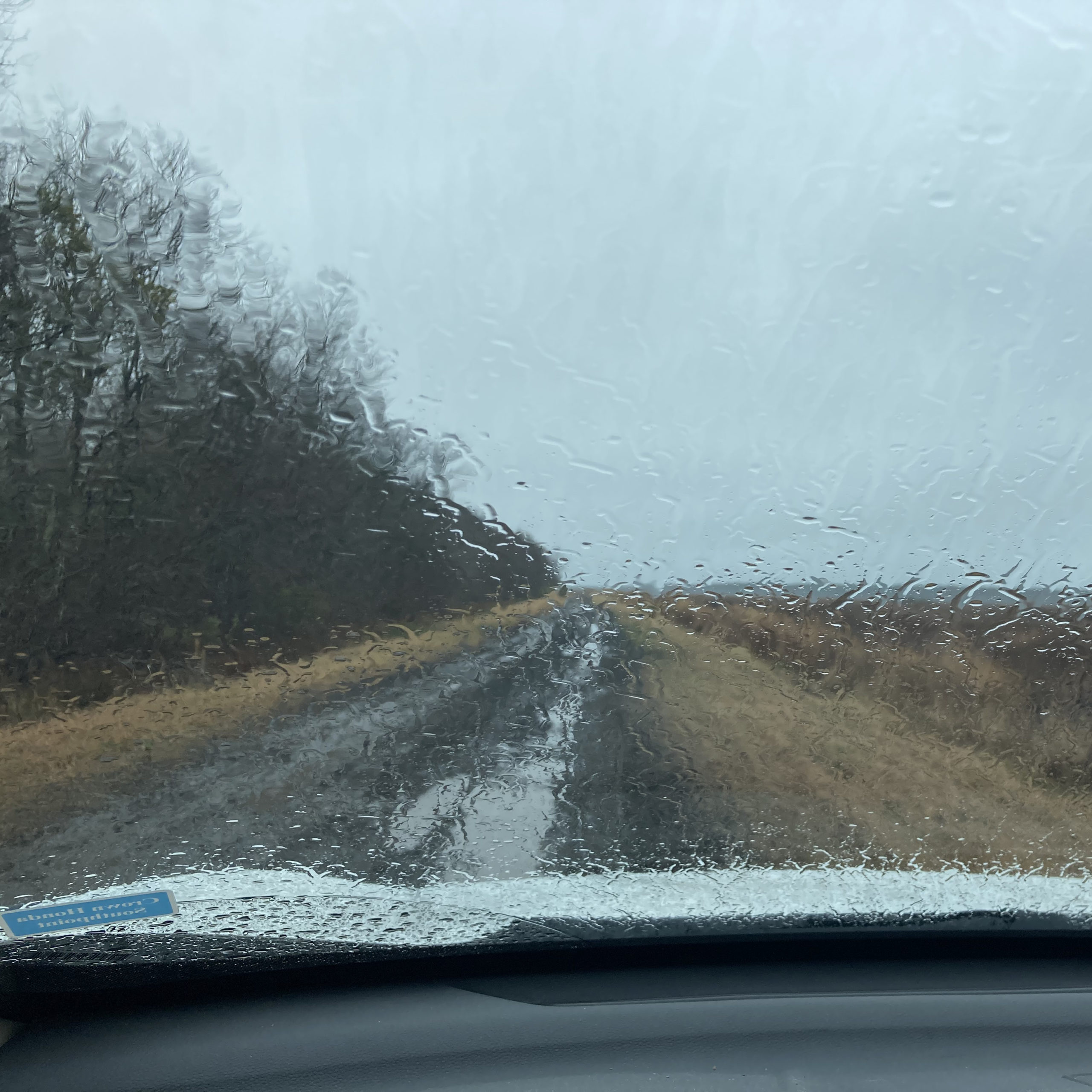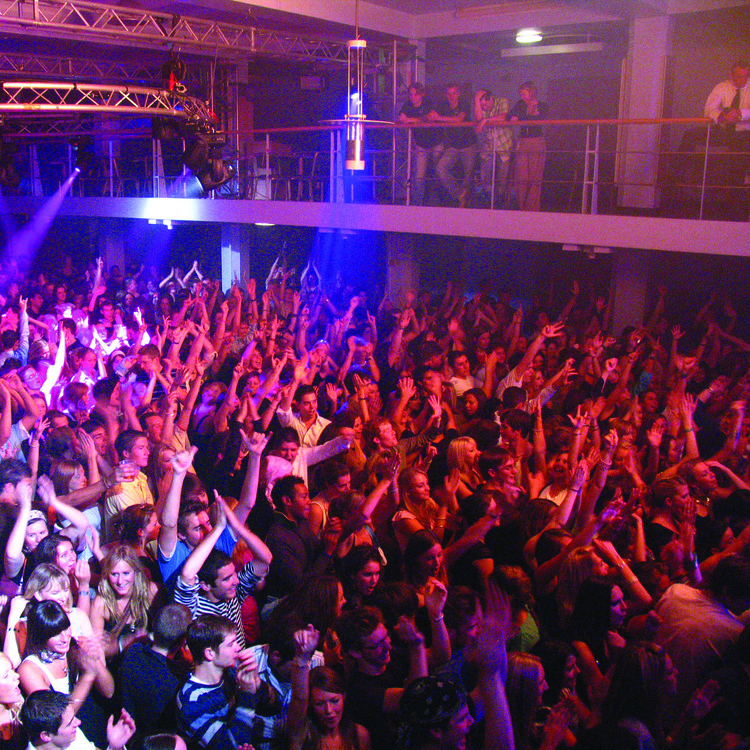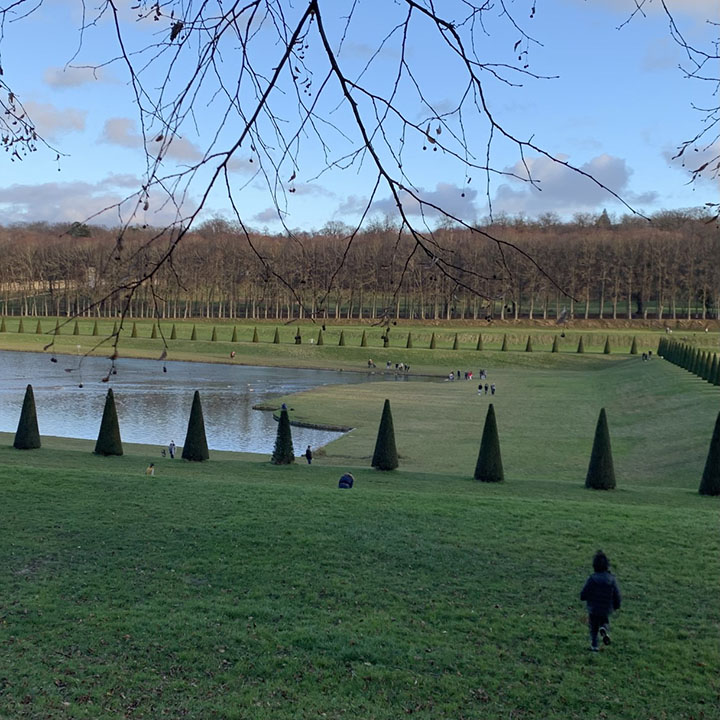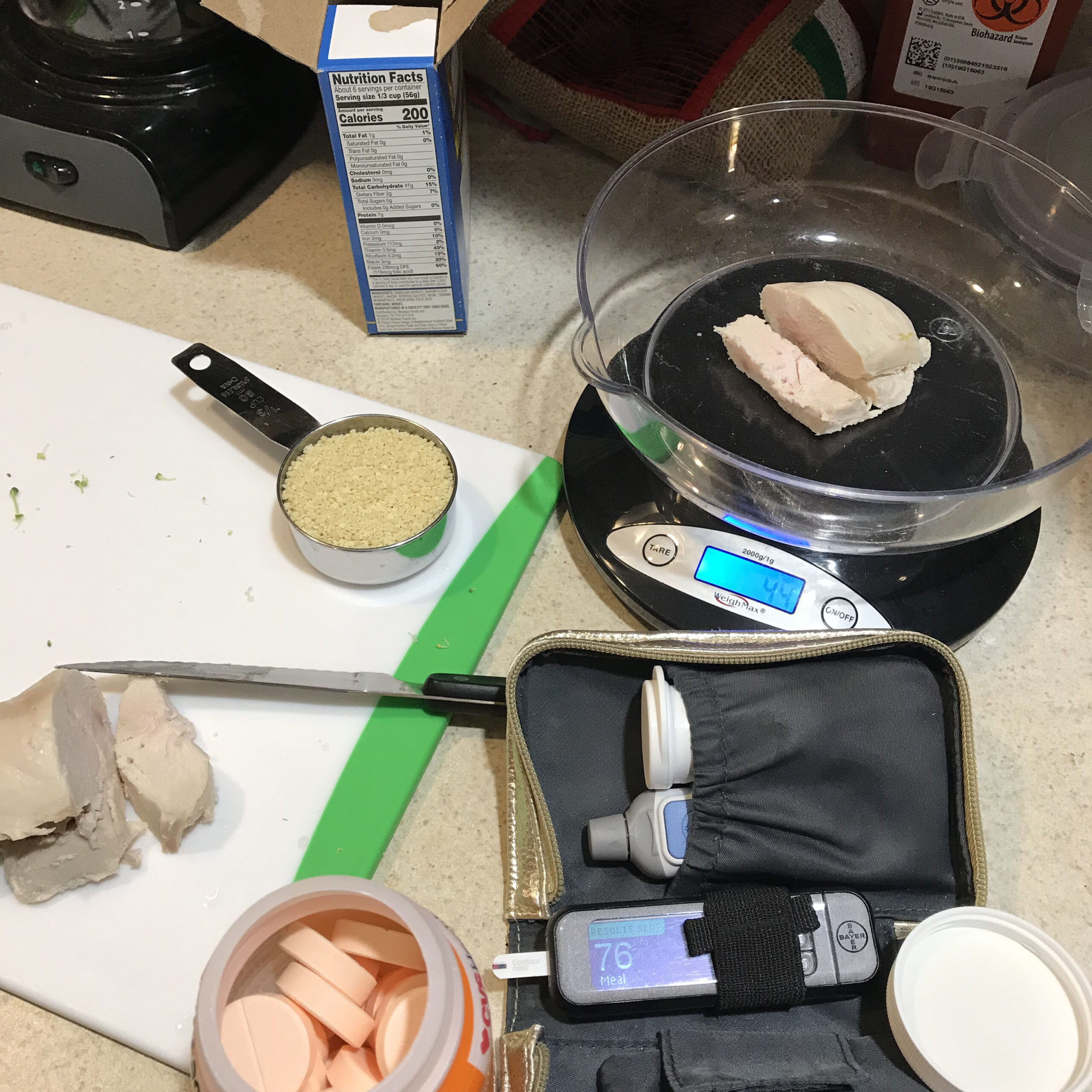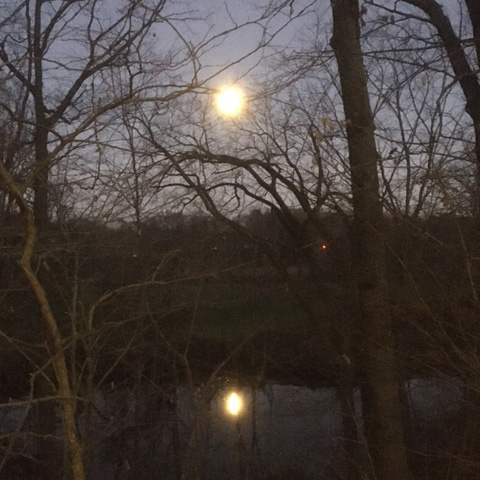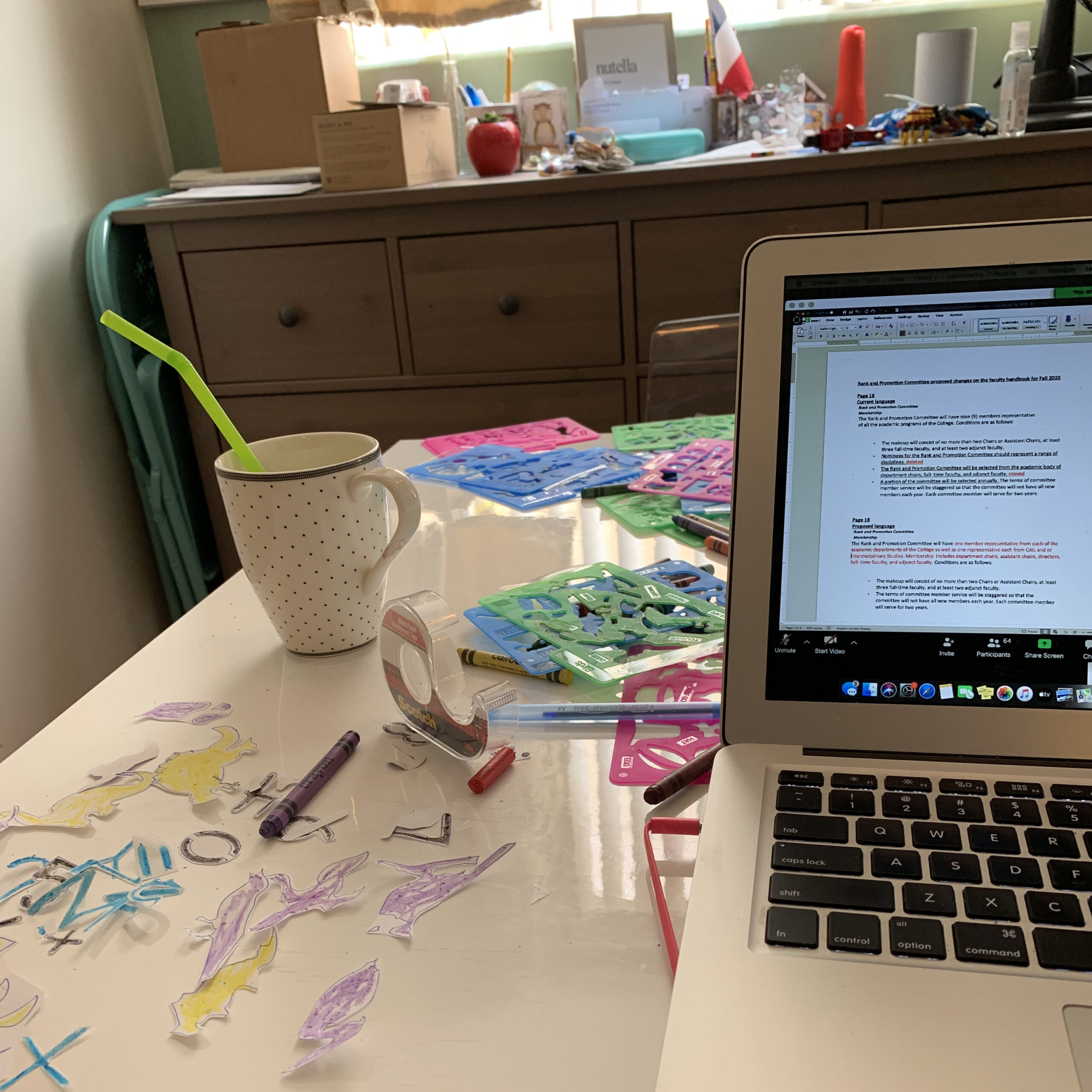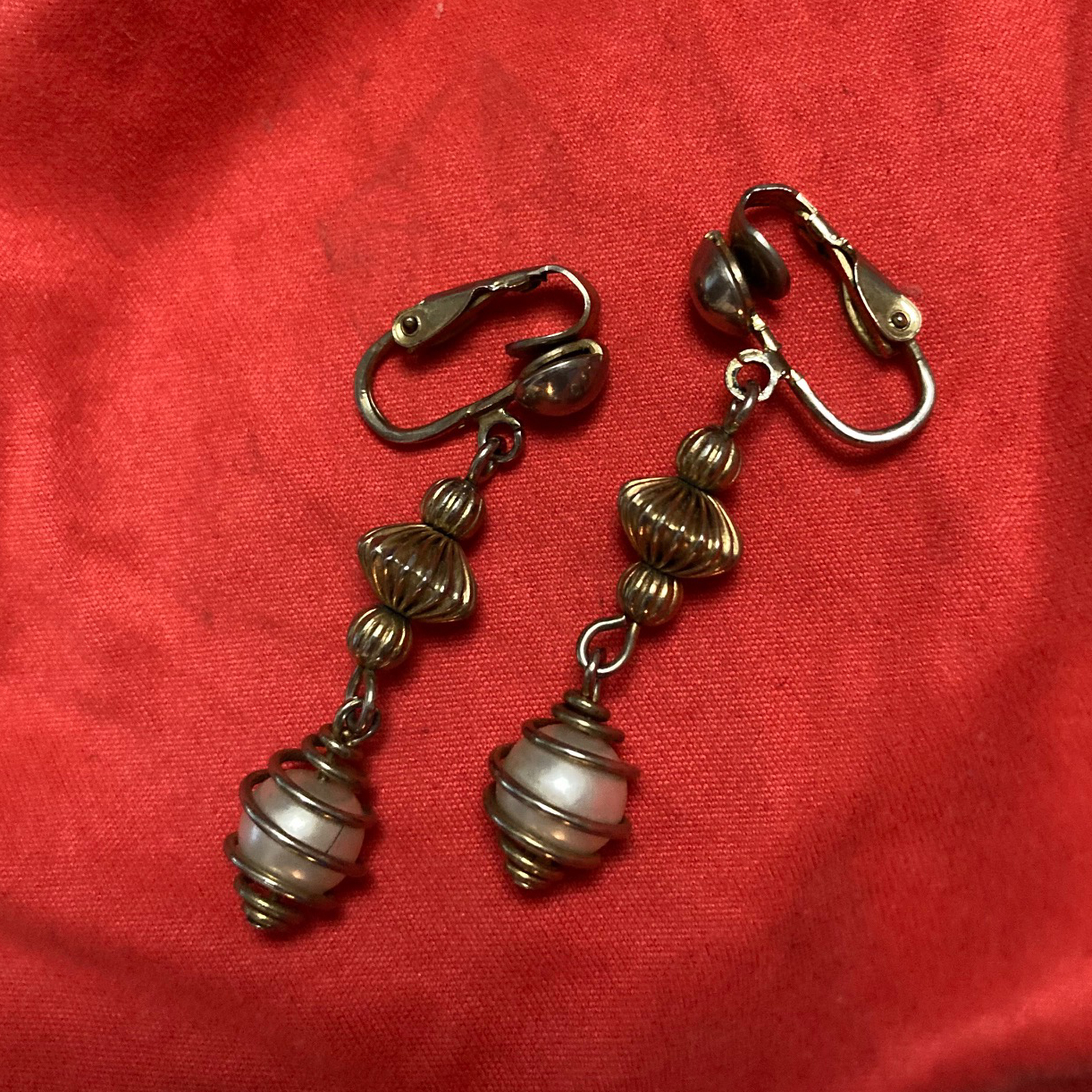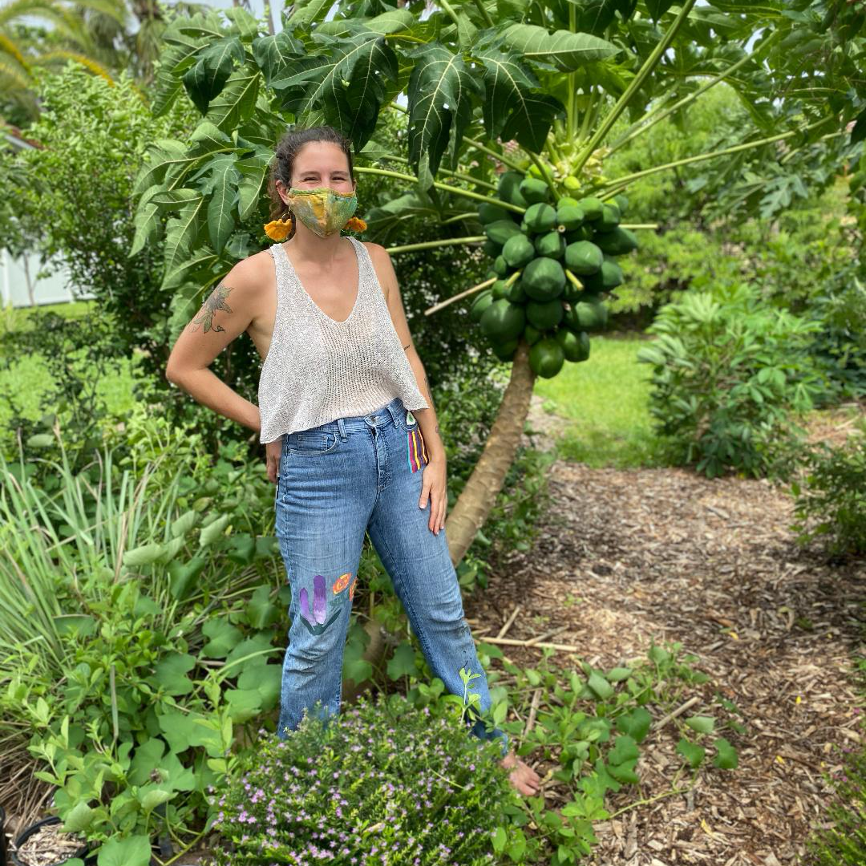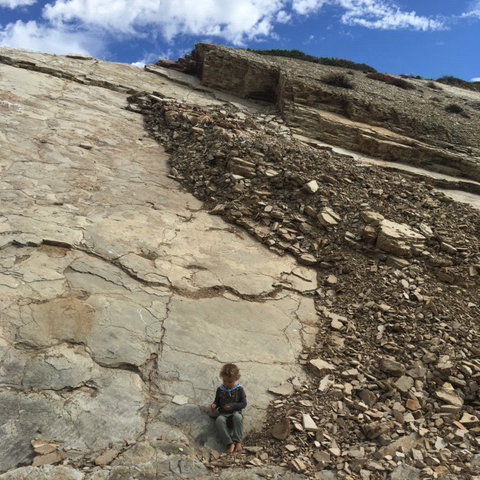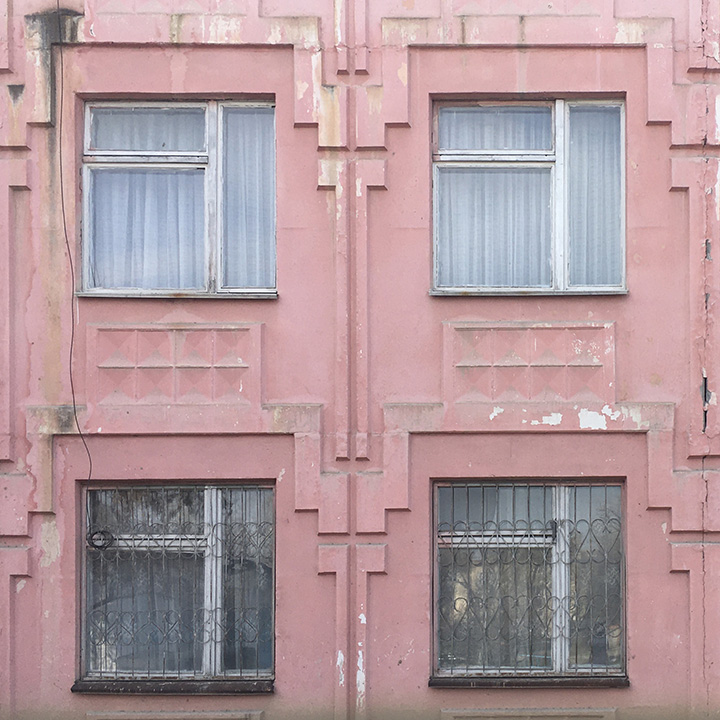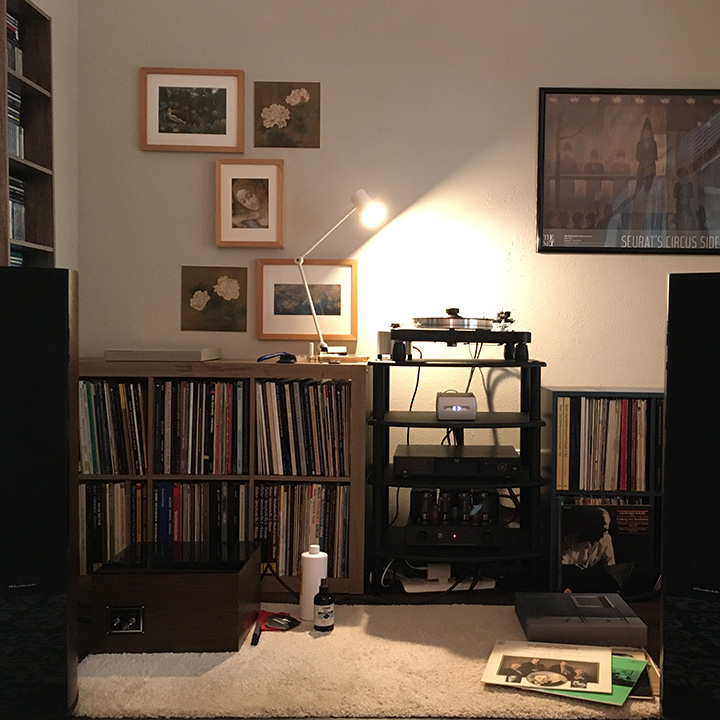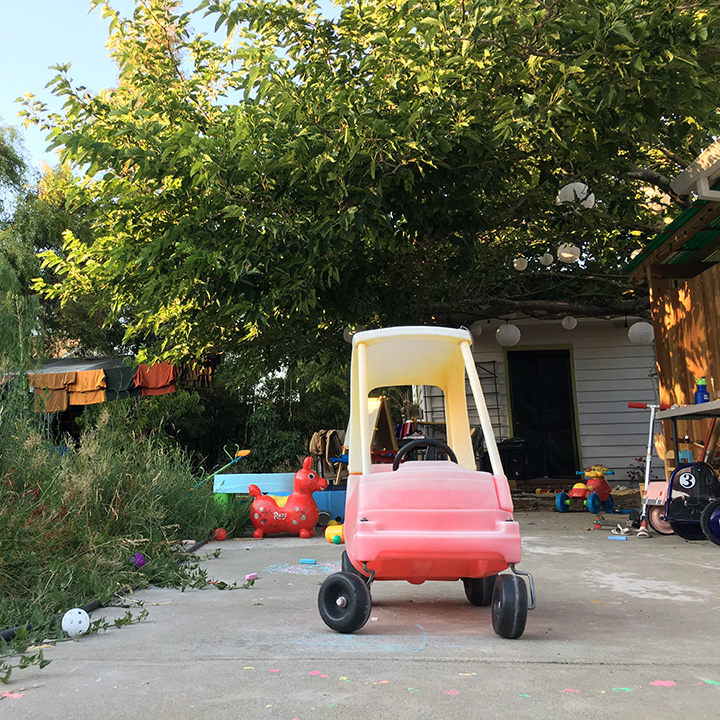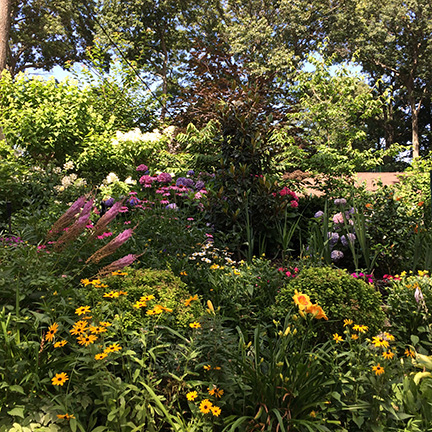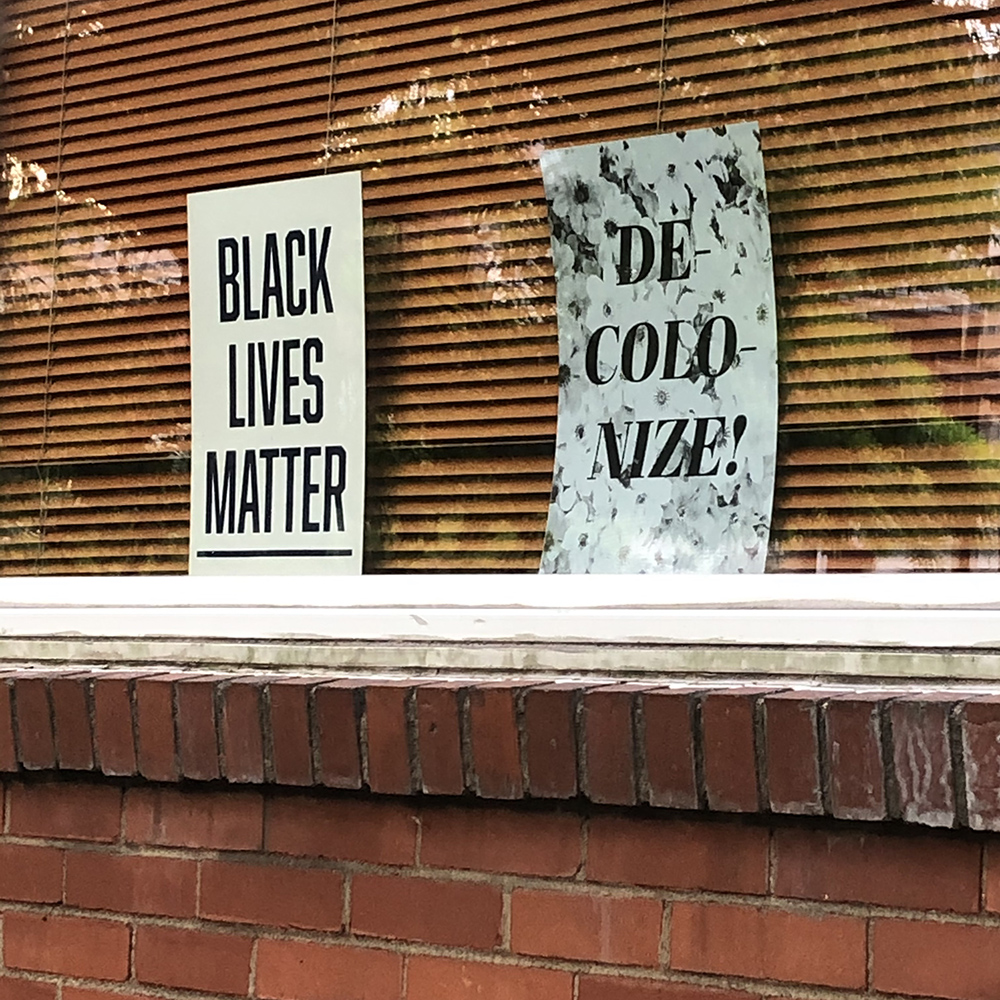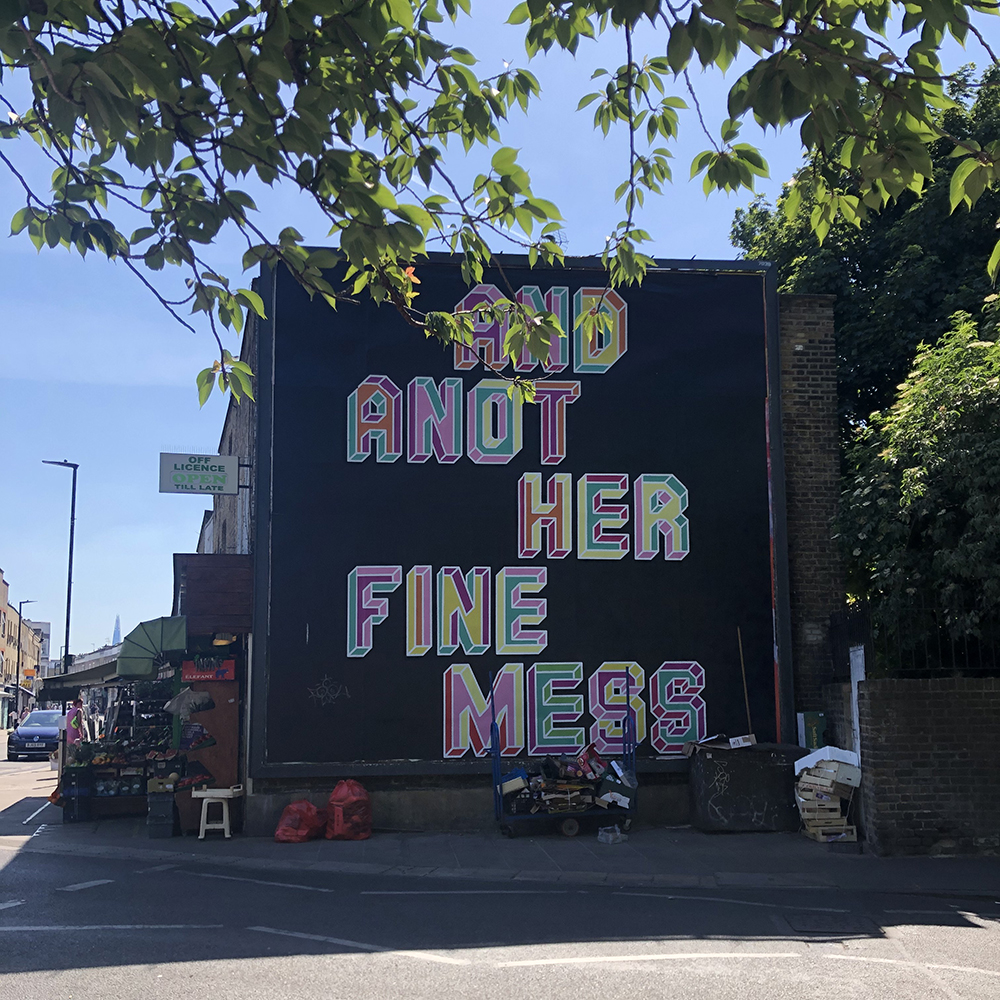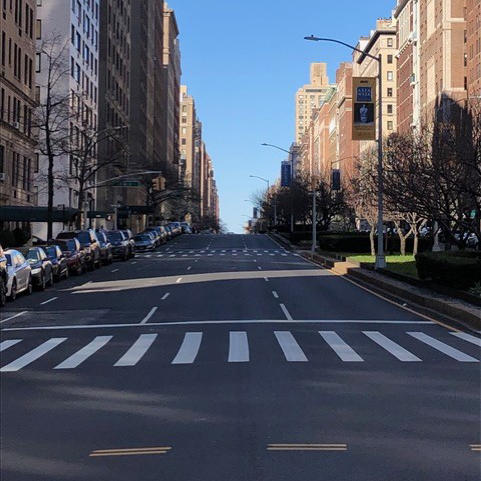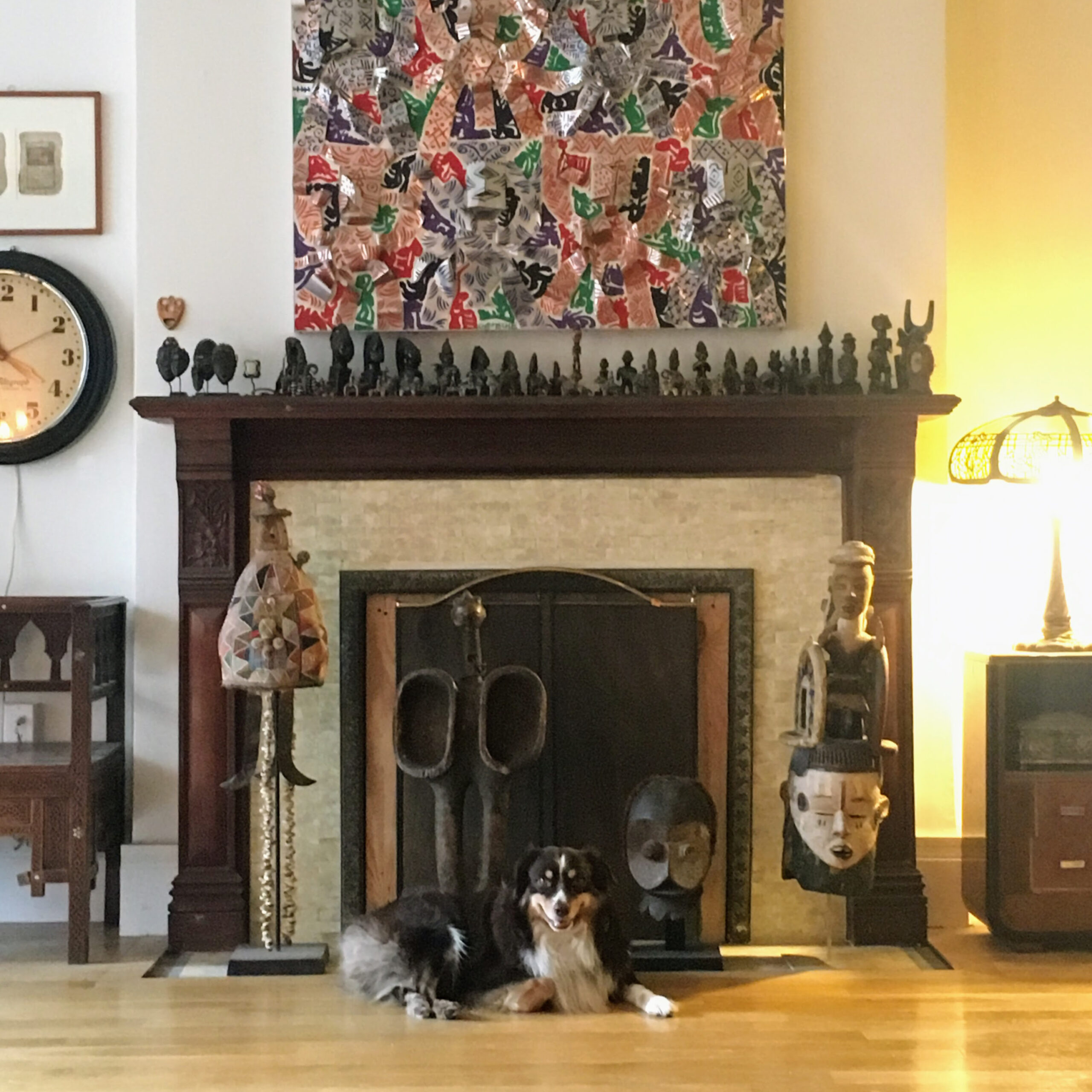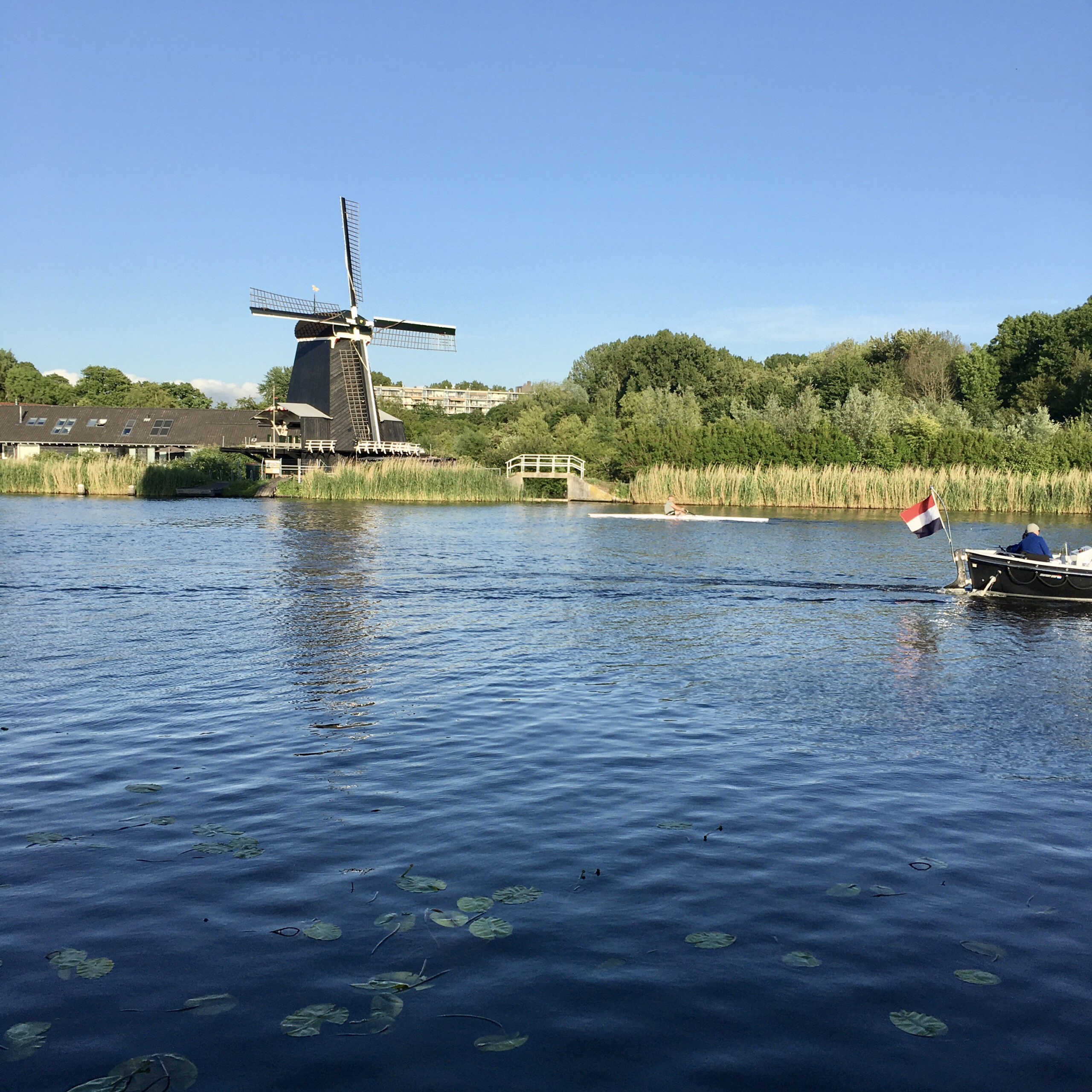Amsterdam
by Marianna Pogosyan
It’s high noon underneath the northern European sky and I’m conducting a thought experiment. If I could erase my memory of the past two months—say, from the day the Dutch prime minister urged his citizens to swap handshakes for foot-kisses—could I convince myself that nothing extraordinary had happened? After all, things look just as they did when we left off. I’m still in my winter jacket, parked outside my daughter’s school, waiting to see her. Justin Bieber is still crooning on the radio. The kids are still biking to hockey and tennis practice.
But if I squint hard enough, I can see that something is off. To start with, there is color—green on the trees, blue in the sky, red, yellow, orange among the tulips. Walking outdoors is now a multimodal activity. You can negotiate business deals on teleconferences while you walk. You can have a psychotherapy session while you walk. You can, like the elderly couple making a detour to dodge human contact, avoid catching death while you walk.
My daughter runs toward me, papers in hand, bag bouncing on her back. I find myself, like the other parents, getting ready for her to leap into my arms. It’s the first time we’d been separated in two months. Outside the school gates, she bumps into her friend. As I watch them embrace, I have the nauseating urge to separate them.
What is off, I realize, is the juxtaposition of the familiar and unfamiliar. When we unlock our doors, life appears deceptively normal. We know this current well; we were plugged into it before we were forced to retreat inside. But now this same reality feels jarring. It cautions us that we’ve steered off course.
I sit across from my friend on a patch of grass. Unlike my daughter and her friend, there is distance between us. She is telling me about her heated exchange with a man who had come too close at the grocery checkout. “I told him that next time he should visit the ICU at my hospital,” she says with anger in her voice.
Another friend has suddenly found herself unemployed. To cope, she has decided to save the insects and the bees. “Who will be helping them?” she asks. Since we last met, she has transformed her miniature garden into a sanctuary of wildflowers and insect hotels.
Then there is our neighbor and her brand-new boat. “Let’s go for a ride soon!” she waves at me from her balcony. “You guys are the best kind of friends to have right now.” Two months ago, when we were aching and shivering under multiple blankets with oximeters attached to our fingertips, we were the worst kind of friends to have.
Our neighbor isn’t the only one with the new hobby. The peaceful canals behind our house are now teeming highways; a sunny Tuesday looks like a maritime parade. You can see every kind of boat with every kind of passenger. Ladies with pearl necklaces and wine glasses. Men with buttoned shirts and cigars. Teens with blaring music. Families with toddlers in swim-vests. Somehow, they must all feel safe in the water.
Without the dreadful memory, my appreciation for all of life would be less urgent. A part of me wants to hug every tree, every human. Another part of me pleads to for them to keep a meter and a half away. Our hearts will need to hold on to this juxtaposition of old and new, light and dark, for a little longer.
Published on May 25, 2020

